April 23, 2024 – (Princeton, New Jersey and New York) – Curio Digital Therapeutics Inc. announced that the U.S. Food and Drug Administration (FDA) has approved MamaLift Plus TM. MamaLift Plus is the first prescription digital therapy for the treatment of postpartum depression (PPD), a complex mental health disorder that affects up to one in seven women who have recently experienced a live birth.
MamaLift Plus was approved based on Supporting Maternal Mental Health and Mood Regulation (SuMMER) results. SuMMER is a nationwide sham-controlled randomized controlled trial. One hundred and forty-one participants who had recently given birth and were diagnosed with PPD participated in the study.
The study met its primary endpoint of an improvement of four or more points on the Edinburgh Postnatal Depression Scale (EPDS). EPDS is a clinically validated screener recommended by the American College of Obstetricians and Gynecologists (ACOG). In the intention-to-treat (ITT) population, 86.3% (82/95) of participants in the MamaLift Plus group achieved clinically meaningful improvement, compared with only 23.9% (11/46) of participants in the sham control group. Clinically meaningful improvement was achieved with a four-point improvement, p-value <0.0001.
MamaLift Plus is a prescription-only digital therapy designed to provide neurobehavioral intervention to patients 22 years of age and older as an adjunct to clinician-managed outpatient care. MamaLift Plus treats mild to moderate postpartum depression by improving patients’ depressive symptoms.
MamaLift Plus offers digital Cognitive Behavioral Therapy (CBT), Behavioral Activation Therapy (BAT), Interpersonal Therapy (IPT) and Dialectical Behavioral Therapy (DBT) for postpartum depression. CBT, BAT, IPT, and DBT are neurobehavioral treatments that focus on addressing maladaptive behaviors, routines, and dysfunctional thoughts that persist during postpartum depression. MamaLift Plus is available on mobile devices such as smartphones or tablets.
Postpartum depression (PPD) Postpartum depression is estimated to affect approximately 1 in 7 pregnancies in the United States, or approximately 500,000 women each year. Postpartum depression (PPD) is one of the most common medical complications during and after pregnancy. Clinical guidelines for treating postpartum depression recommend pharmacotherapy and cognitive behavioral therapy. However, many women may not have access to these medications and treatments due to a national shortage of mental health providers, insurance coverage, childcare challenges, transportation issues, or breastfeeding status. Therefore, there is an unmet need for new treatment modalities.
Digital therapeutics are health software designed to treat or alleviate disease, disorder, condition, or injury by generating and delivering medical interventions that have a demonstrable positive therapeutic impact on patient health. 4 Prescription digital therapy (PDT) is a digital therapy that is only available to patients through prescription from a healthcare provider. PDT can be used alone or in combination with medications, devices, or other therapies to optimize patient care under the direction of a healthcare provider. 5 As a new treatment modality, PDT delivers medical interventions directly to patients via smartphones using software programs that are subject to clinical evidence requirements and regulatory oversight and are deemed medical devices by the FDA.


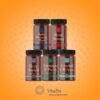

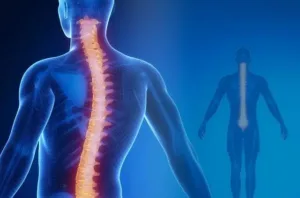





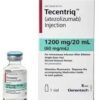
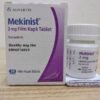


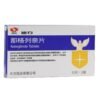
Leave a reply